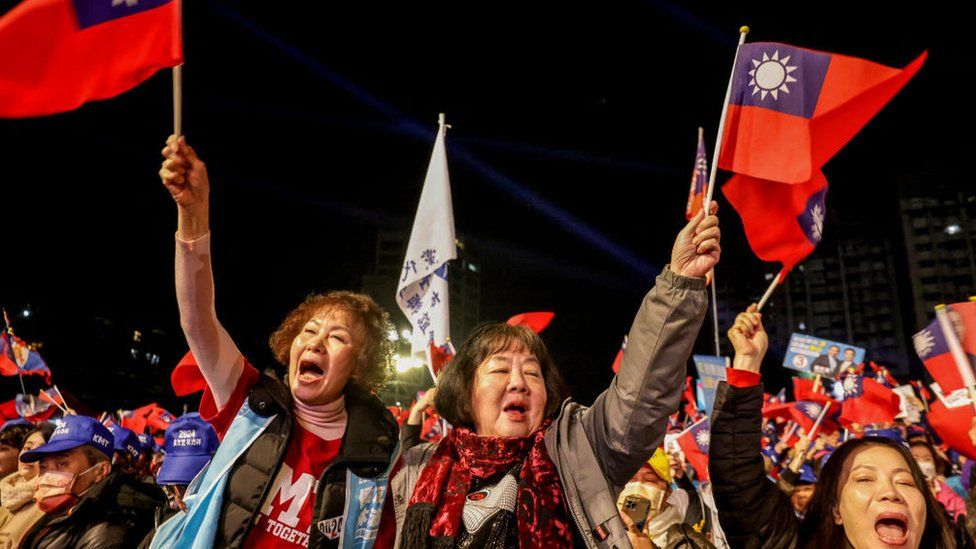-

-
-
Loading

Loading

Taiwan is holding elections to choose a new president and legislature. The three contenders for the presidency are William Lai Ching-te of the ruling Democratic Progressive Party (DPP), Hou Yu-ih of the main opposition Kuomintang (KMT), and Ko Wen-je of the Taiwan People's Party (TPP). The election will have major implications for Taiwan's relations with Beijing and Washington, as well as for its neighbors and allies. China's increasing pressure on Taiwan and the PLA's record number of incursions are key concerns in this election. Beijing has made it clear that it opposes the candidacy of William Lai and has warned voters to make the "right choice." The souring of ties between Taiwan and China under President Tsai Ing-wen, as well as Taiwan's growing military ties with the US, have further strained relations. While the risk of a full-blown war between China and Taiwan is low for now, any escalation could have wider implications in the region given the US naval presence and bases from Australia to Japan. It remains unclear how the US and Japan would respond in the event of a Chinese attack. The next president of Taiwan will have the responsibility of managing these alliances and relationships, including the US, and will play a crucial role in shaping Taiwan's future. The potential for a war in Taiwan is devastating not only for its human toll but also for the global economy, given Taiwan's critical role in international trade and semiconductor production. Whoever governs Taiwan will need to address the challenge of mending ties with China, its biggest threat but also its biggest trading partner. Cost of living and job creation are also significant issues in the election, and analysts anticipate a divided government where the executive and legislative branches will be controlled by different parties.